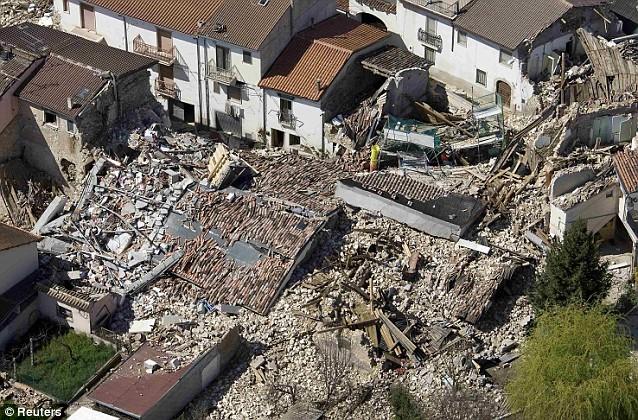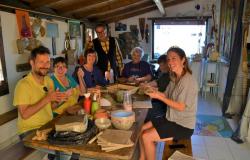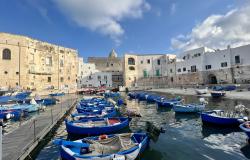The trial has begun for six geological experts and a public official who are charged with manslaughter for allegedly failing to warn L'Aquila residents before a devastating earthquake in 2009 that killed 308 people.
Relatives of the 308 killed in the earthquake have asked for $67 million in damages from the seven accused experts.
The 6.3 magnitude quake caused extensive damage to the Italian town when it struck on the 6th of April 2009. There had recently been an increase in seismic activity in the area so the city of L'Aquila consulted a panel of Italy's leading experts about the possibility of a large quake hitting the region.
The experts submitted a memo on the 31st of March 2009 that concluded it was "improbable" that a major earthquake would strike, but added that seismic activity cannot be predicted.
A week later, an earthquake leveled much of the town leaving thousands homeless. Prosecutors allege that the panel of experts provided an "approximate, generic and ineffective assessment of seismic activity risks as well as incomplete, imprecise and contradictory information". This supposedly fostered a false sense of security, prompting residents to remain in their homes and consequently perish when the buildings collapsed.
The trial has been opposed by the international scientific community. 5,200 specialists signed a petition protesting that it is impossible to predict earthquakes.
After a three hour hearing the trial was adjourned until October.





